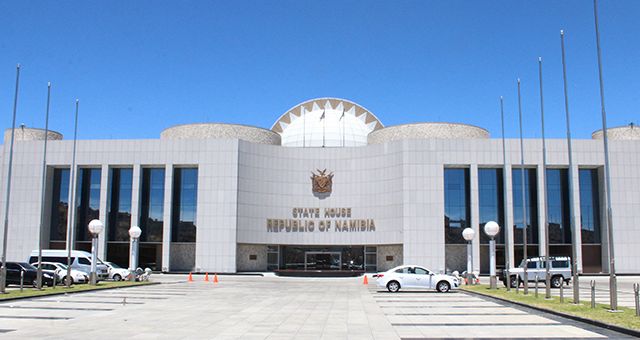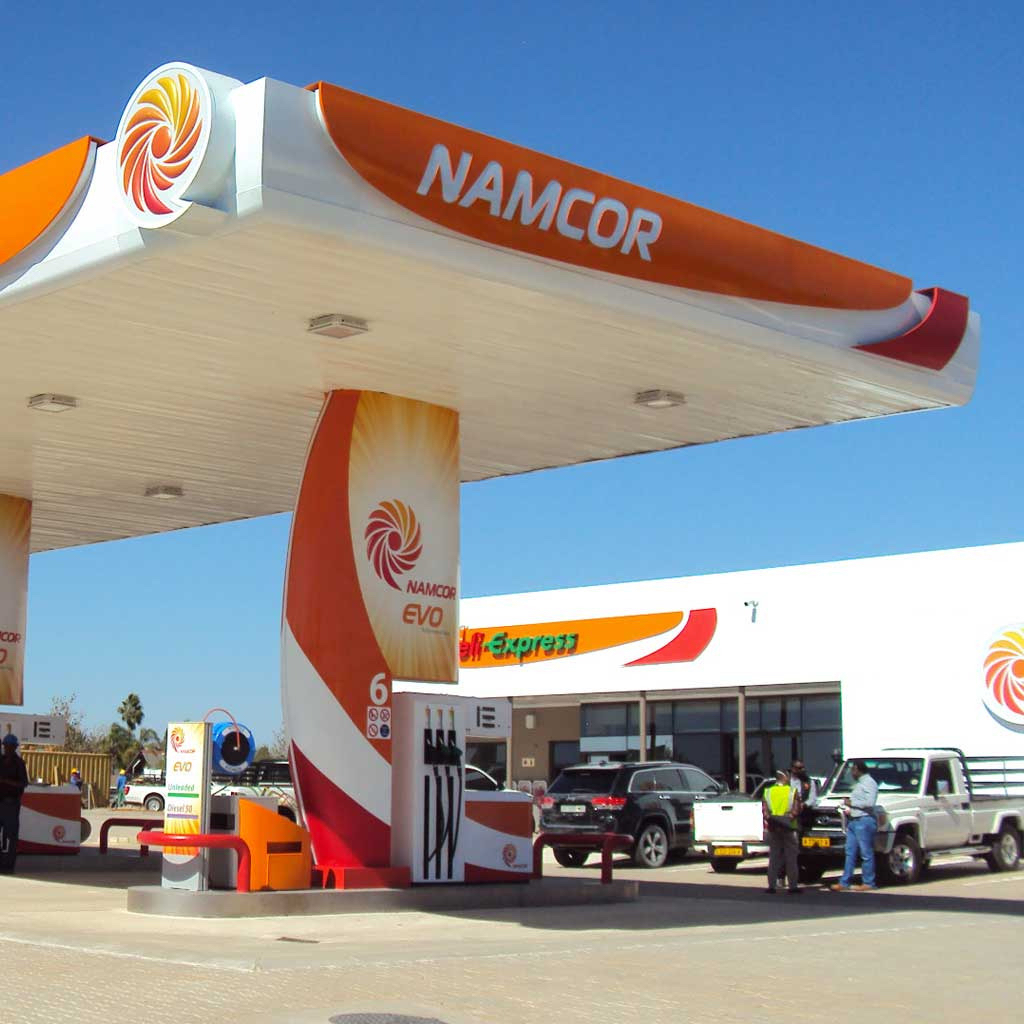WINDHOEK residents were spared an originally planned 24,7 per cent electricity tariff hike Monday night, when Councillor Elaine Trepper surprised all present at the monthly council meeting, announcing that the steep hike had been reduced to “only” 12,3 per cent.
Pre-paid electricity was supposed to be increased by 17,2 per cent, which according to Trepper was dropped to 12,8 per cent. Councillor Trepper did not give reasons for the sudden benevolent changes, merely saying that directives were given by the Ministry of Local, Regional Government and Housing Ministry on tariff increases.In a circular of the Ministry and attached to the town council agenda, the Permanent Secretary directed all local authorities earlier this year to only increase tariffs by a maximum of 10 per cent.The N$1,5 billion budget of the Windhoek municipality, which was approved by Council on Monday night, does not provide for purchase of new vehicles, except busses.Councillor Trepper, who now chairs the Council’s management committee, pointed out that “instead of 40 new busses, we will only buy 20 new busses for the municipal transport services.”Trepper lamented that Windhoek receives no Government subsidy as is the practice in many countries.”One of the chief reasons for Windhoek having one of the highest tariff structures in the southern African region is because Governments in the world subsidise local authorities to make services more affordable, but this is not the case in Windhoek,” she criticised.However, the City must cough up N$12,6 million to supply an electricity load centre for the new State House.Government paid N$20 million for this project, which costs N$32,6 million.The Khomas Regional Council, which by law must receive about five per cent of the municipality’s profits, estimated at N$8 million in the new budget, will contribute N$500 000 towards the construction of new informal markets in Windhoek.The new budget is only N$300 000 more than the previous 2007-2008 budget.The Windhoek municipality will spend about N$285 million on water reservoirs, reticulation and water treatment plants, a new cemetery, electricity upgrades in suburbs and an N$6,6 million multi-purpose centre for Rocky Crest as part of its capital budget.Councillor Trepper did not give reasons for the sudden benevolent changes, merely saying that directives were given by the Ministry of Local, Regional Government and Housing Ministry on tariff increases.In a circular of the Ministry and attached to the town council agenda, the Permanent Secretary directed all local authorities earlier this year to only increase tariffs by a maximum of 10 per cent.The N$1,5 billion budget of the Windhoek municipality, which was approved by Council on Monday night, does not provide for purchase of new vehicles, except busses.Councillor Trepper, who now chairs the Council’s management committee, pointed out that “instead of 40 new busses, we will only buy 20 new busses for the municipal transport services.”Trepper lamented that Windhoek receives no Government subsidy as is the practice in many countries.”One of the chief reasons for Windhoek having one of the highest tariff structures in the southern African region is because Governments in the world subsidise local authorities to make services more affordable, but this is not the case in Windhoek,” she criticised.However, the City must cough up N$12,6 million to supply an electricity load centre for the new State House.Government paid N$20 million for this project, which costs N$32,6 million.The Khomas Regional Council, which by law must receive about five per cent of the municipality’s profits, estimated at N$8 million in the new budget, will contribute N$500 000 towards the construction of new informal markets in Windhoek.The new budget is only N$300 000 more than the previous 2007-2008 budget.The Windhoek municipality will spend about N$285 million on water reservoirs, reticulation and water treatment plants, a new cemetery, electricity upgrades in suburbs and an N$6,6 million multi-purpose centre for Rocky Crest as part of its capital budget.
Stay informed with The Namibian – your source for credible journalism. Get in-depth reporting and opinions for
only N$85 a month. Invest in journalism, invest in democracy –
Subscribe Now!










